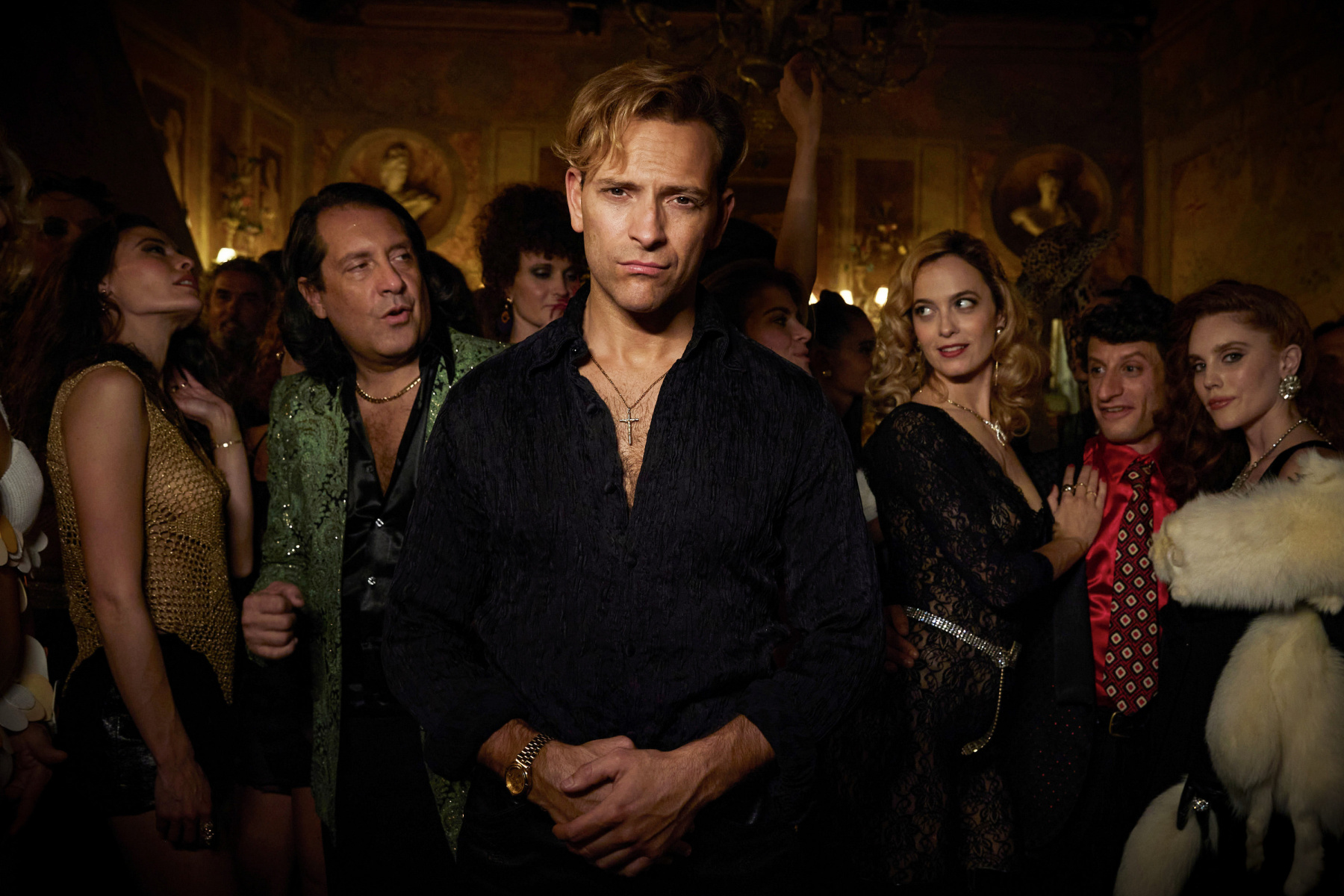A feminist outlook on Rocco Siffredi
How feminist can write something about Rocco Siffredi? I think that his name is a red rag for lots of people, especially feminists. Still, the Italian feminist Francesca Manieri wrote a script for the 7-episode TV series and even Rocco didn’t say bad words about it. Was she able to pull it off successfully? In my opinion, the answer is both yes and no.
An article on deadline.com informs that Francesca
Manieri wrote the series as a statement on what porn represents and how modern
masculinity is constructed[1]. The
story of a descendant of a poor and devoutly Catholic family from a conservative
coastal Italian town (Ortona) is a fertile ground for such statement.
Mom wanted her little Rocco to become a priest, but he wasn’t suited for it, his vocation was in something else. Rocco is fascinated by his cool and slick older half-brother Tommaso and he is obsessed about the main hero of a Supersex magazine. When he reaches the age of emancipation, he immediately joins his older brother in Paris and starts frequenting sex clubs, where he is spotted by the Supersex himself (Gabriel Pontello) and his dream becomes true!
The authors did a nice portrayal of the bizarre
world of adult cinema. In addition, they captured the very essence of an age
when adult cinema was also a political statement. The West, in general, went through
it in the 1960-1970s, but Italy arrived late – only in the 1980s. Still, as
almost everything else in Italy, it was in operatic proportions, including the
election of Ilona Staller, better known as Cicciolina, to the Italian
Parliament.
Real Rocco is a contradictory person – a married father of two, who earns his living in adult cinema. The interviews with Rocco shows a person, mired in Catholic guilt and childhood traumas (including the death of his brother). The authors were able to capture it, and I have nothing but praise for a portrayal of Rocco as a person who is tormented between conservative upbringing, love for mother, pain and primal desires.
Still, what about statement on modern masculinity? Here something
is rotten in the state of Denmark. The story of Tomasso looks like as one-dimensional
tour into so called toxic masculinity. In addition, I am not familiar with the
story of Lucia, but it looks over-the-top exaggeration. Finally, the plot on how
Rocco destroys ordinary women smells as a partisan statement. Nevertheless, Francesca Manieri didn’t descend too much
into radicalism and tried to project an objective portrait, and this is a big
plus for her.
In closing, let me say that «Supersex» is a
decent periodic piece about the bizarre world of adult cinema and one of its
most colorful representatives. As «Boogie Nights» it got the right balance of
drama and comedy. Check it out, if you are not a moralist or easily offended
snowflake.



No comments:
Post a Comment